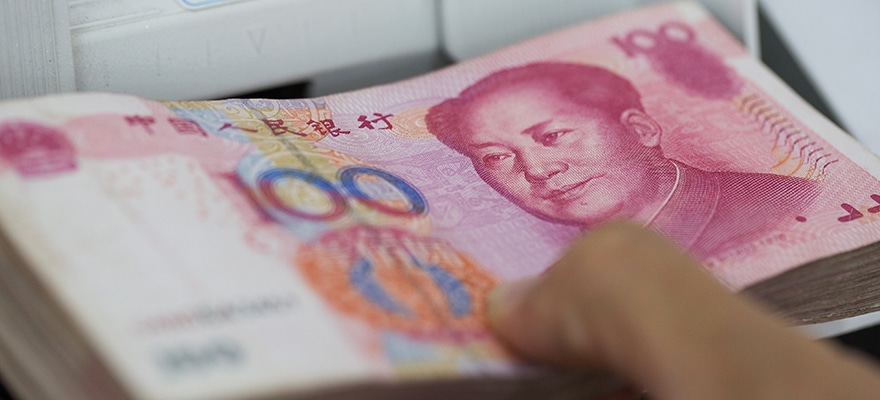The State Administration of Foreign Exchange’s (SAFE), China’s foreign exchange regulatory agency, on Friday denied media reports that it has introduced fresh measures to curb rising outflows of capital, following recent rounds of currency devaluations.
Earlier today, Bloomberg News quoted people familiar with SAFE’s affairs as saying: “China has asked some banks to stop processing cross-border yuan payments until they balance inflows and outflows, as authorities step up a campaign to curb a record amount of money leaving the nation in the local currency.”
In a similar report, Reuters said new verbal directions were given to banks on Wednesday, requiring them to show at the end of every month that the amount of outgoing yuan matches the sum that comes in. The new guidance from the currency regulator, which functions as a bureau under the People’s Republic of China, will apply to transactions involving both companies and individuals.
However, SAFE denied in a statement that the move amounted to a capital control as it did not restrict transaction volumes and did not require balance between inflows and outflows.
Dwindling reserves
The SAFE’s new rules, if any, would mainly target the practice of over-invoicing of exports which companies use to hide capital outflows, the Bloomberg wrote Thursday, quoting unnamed sources familiar with the matter.
The outflows are partly responsible for China’s dwindling foreign currency reserves, which were once running at around $4 trillion, and are now down to $3.011 trillion at the end of December 2016, according to a recent SAFE report. The country’s vast foreign exchange reserves, the largest in the world, had lost $320 billion last year, according to media estimates.
The Chinese yuan was under the pump last year, falling by nearly 6.5% against the American currency, and currently sits at its lowest point since 2008.





Be First to Comment